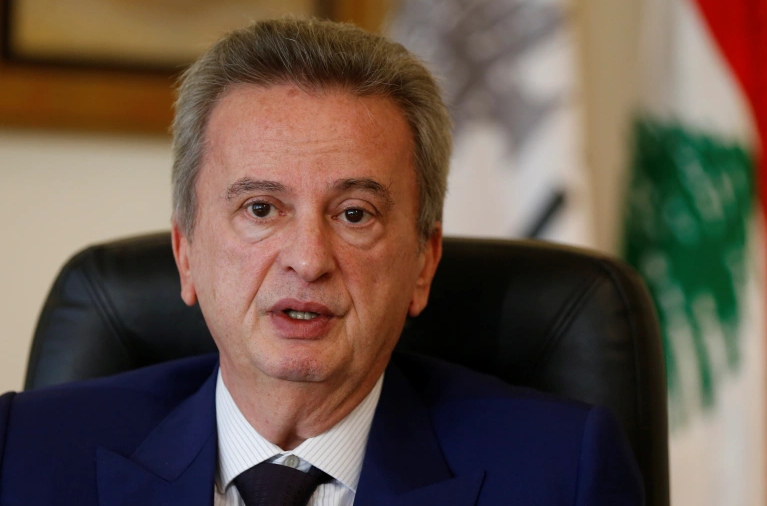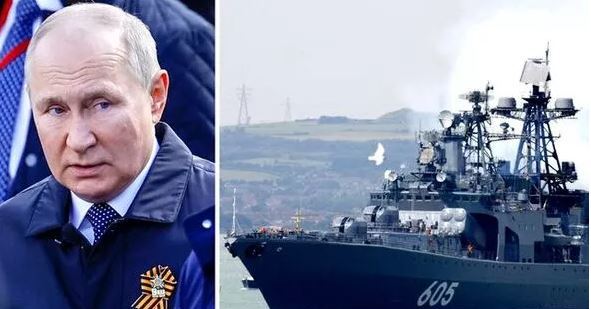Germany announced to stop depending on Russia, but now falters
Just six weeks after Chancellor Olaf Scholz announced strategic changes for Germany, Berlin’s commitment has faced growing distrust.
Prime Minister Olaf Scholz made both world and his own people surprised in response to Russia’s invasion of Ukraine with a 100 billion euro plan to strengthen Germany’s defense power, send weapons to Ukraine and end dependence on Russia for energy.
That is the biggest change in foreign policy of Germany since the Cold War, what Mr. Scholz calls “Zeitenwende” – epochal change, according to New York Times. The German chancellor’s statements have received applause both at home and abroad.
But six weeks later, the applause has faded. Mr. Scholz do not immediately stop importing oil and gas from Russia, saying that the cost is too great. He did not deliver 100 armored vehicles to Ukraine, saying Germany must not be “hurried”. The ruling coalition debated how to carry out the big tasks that Mr. Scholz had set out.
There are growing doubts about the German government’s commitment to these plans. “Zeitenwende is real, but the country remains the same,” said Thomas Bagger, a senior German diplomat and the next ambassador to Poland. “Not everyone likes those things.”
 |
German Chancellor Olaf Scholz and Ukrainian President Volodymyr Zelensky in Kyiv in February 2022. afp |
Cracks appear
The changes Mr. Scholz announced go far beyond a pledge to spend 2% of GDP on the military – about 70 billion euros a year, higher than France’s 41 billion euros. They directly touch on postwar Germany’s identity as an exporter of peace, as well as the business model that has made Germany Europe’s largest and most powerful economy.
Now the Germans are being asked to “rethink everything – our approach to business, to energy policy, to defense and to Russia,” says Claudia Major, defense expert at the Institute of Economic Affairs International and German Security, says. “We need to change our mindset. We need to realize that this is about us – that power politics is back and Germany has to play a part.”
But she also said: “Once again Germany is not leading but is being dragged away.”
Even German Foreign Minister Annalena Baerbock is concerned that Zeitenwende could be more temporary than fundamental. She believes that consensus is fragile, that Germans who support close ties with Russia are now silent but still have not changed their position.
“They know they have to do it now, in terms of sanctions, energy independence and arms transfers, and about dealing with Russia. But actually, they don’t like that,” she said in an interview.
Since Mr. Scholz announced Zeitenwende at a special session of parliament on February 27, many cracks in Germany’s commitment to change have begun to appear.
 |
| Nord Stream 2 pipeline carries oil and gas from Russia at Lubmin, Germany. screenshot new york times |
Celebrities in Germany called on the government to oppose rearmament and a “180-degree change in German foreign policy”, and to date 45,000 people have signed in support. Green party lawmakers lobbied for only part of the 100 billion euro budget package for the military, citing other needs such as “human security” and climate change. Unions and leaders enterprise warned of an economic downturn if Russian gas stopped flowing into Germany.
“Russian cheap energy has been the basis of our industry’s competitiveness,” Martin Brudermüller, chief executive officer of chemicals group BASF, said last week.
In fact, energy from Russia became the basis of the German economy. Now, German businesses are facing the possibility of being asked to resume production business without this source of energy, and resistance is quietly growing. Government ministers said business leaders had privately asked them when things would “return to normal”.
Complex relationship
Germany’s relationship with Russia is particularly complicated by a history of ups and downs with cold and hot wars, including guilt over millions of Russians being murdered by the Nazis. This reinforces the belief that Europe’s security architecture must include Russia and take into account Russian interests.
It is also the model that has brought great rewards to Germany.
“We export to China and importing cheap gas from Russia, that’s the recipe for German export success,” said Ralph Bollmann, a biographer of former German chancellor Angela Merkel.
Immediately after Mr. Scholz’s Zeitenwende speech, Berlin appeared determined to act decisively. But soon, these plans appeared to threaten the very ruling coalition of three very different parties.
“The government has made some courageous decisions, but it seems to be afraid of its own courage,” said Jana Puglierin, director of the European Council’s office on Foreign Relations in Berlin.
 |
Protesters in Berlin demanded that the German government stop importing energy from Russia. AFP |
There is growing skepticism about whether the German political elite is willing to fundamentally separate from Moscow, or that German voters will be happy to pay more for energy and food in the near future.
“German pacifism is deeply rooted,” said John Kornblum, a former US ambassador to Germany who has lived in the country since the 1960s. “The illusions of the Germans may have been shattered, but the obsession with Russia and the war has not.”
“The strange relationship between Germany and Russia may pause for the moment, but will return to full strength as soon as the hostilities end,” he said.
at Blogtuan.info – Source: thanhnien.vn – Read the original article here



